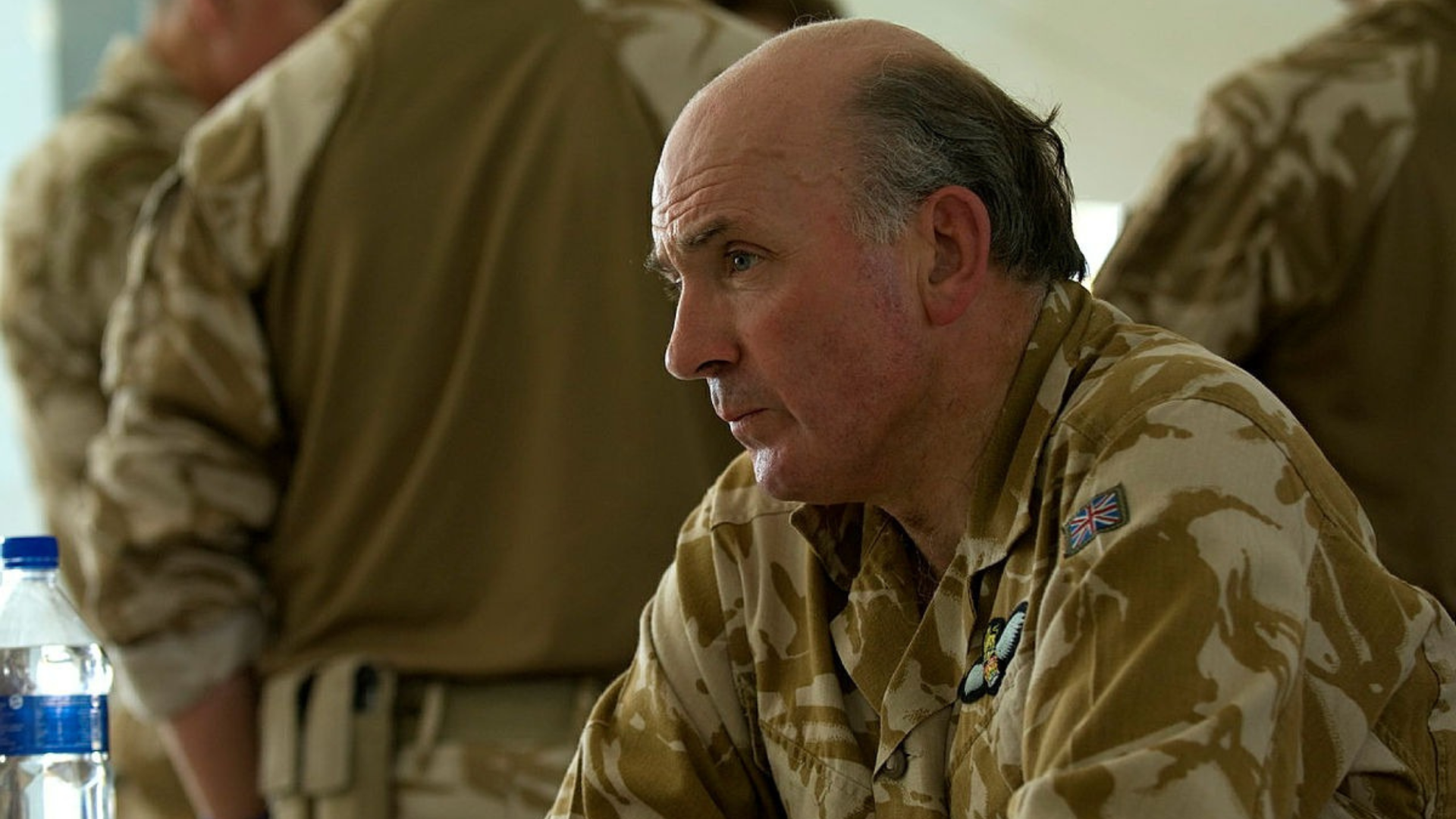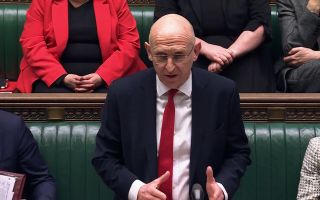
Lord Dannatt: Troubles cases put old soldiers under huge pressure; there must be an alternative

A former head of the Army has called for an alternative to legal proceedings involving British military from Troubles-era incidents 50 years ago.
General Lord Richard Dannatt was speaking following Soldier F, a former member of the Parachute Regiment, being acquitted of murder and attempted murder in relation to the 1972 Bloody Sunday events in Londonderry.
The former Chief of the General Staff said he believed that the formal state apology issued by then Prime Minister David Cameron and the Saville Inquiry in 2010, in which the killings were described as "unjustifiable and wrong", effectively "drew a double line" under the issues surrounding Bloody Sunday.
He told BBC Radio 4 that Bloody Sunday had been a "black day for the British Army" but that continuing to litigate events "puts very old soldiers under huge pressure".
He said: "Cases have continued and, yet again, have fallen because there is not sufficient evidence for a conviction. Let's face it, if this trial took place 53 years after the events, was it ever going to be likely?"
A better way forward
Lord Dannatt suggested that a reconciliation process whereby the truth is reached through voluntary participation would likely be more effective than continuing to pursue prosecutions.
However, new Government plans are likely to mean more historic inquests, opening the possibility of old men and women from both sides being asked to face decades-old accusations.
The legal history of how governments have sought to provide closure for families is complicated.
The Legacy Act of 2023 was devised by then Prime Minister Boris Johnson to end what he called "vexatious prosecutions" of former soldiers.
It included a ban on new inquests opening into deaths during the Troubles, some immunity to prosecution for suspects in an attempt to draw a line under the conflict, and the setting up of the Independent Commission for Reconciliation and Information Recovery (ICRIR) to provide information to families instead of using inquests.
The Labour Party had opposed the Act at the time and earlier this year announced plans to repeal it.
Armed Forces Minister Al Carns, himself a former Royal Marine, said last month that the Act was poorly written and constantly being challenged in the courts.
He announced a new legacy commission to replace it, promising protection for veterans and closure for families who had lost loved ones. Legislation is now going through Parliament.
The plans are expected to restructure the ICRIR, which will be renamed the Legacy Commission. The new body will introduce an inquisitorial process, led by judges, to examine Troubles-related deaths.
Following the acquittal of Soldier F, the Government said its revised legacy plans aim to stop the "endless cycle of legal uncertainty" facing Troubles-era veterans.
Former Minister for Veterans Affairs, Johnny Mercer, said the Soldier F ruling "entirely vindicated" the Legacy Act as "the last real chance for truth before those who know it pass away".
He posted on Instagram: "It goes without saying, veterans should be able to live their lives in peace, and the Nation as a whole - led by the Prime Minister - should restate their gratitude for the peace that now exists in Northern Ireland."








